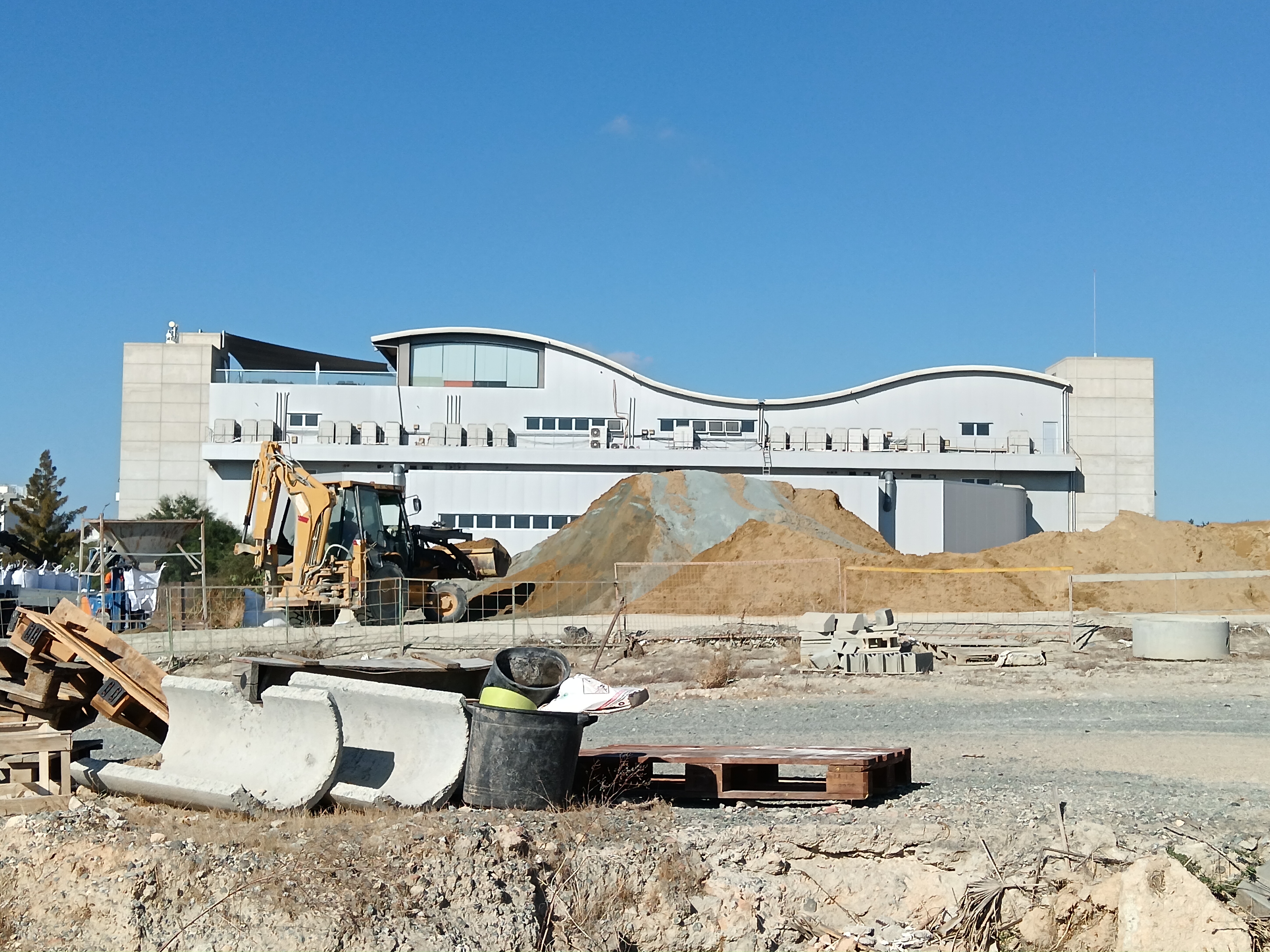Nobel laureates develop an alternative, interdisciplinary approach to tackle issue
The award of this year’s Nobel Prize in economics to Acemoglu, Johnson and Robinson highlights a fundamental aspect of the global economy, notably inequality between countries. The three scientists developed a multidimensional approach to explain why some countries, such as the USA and Western European states, enjoy high levels of prosperity, while others, such as many African countries, remain trapped in underdevelopment.
Traditionally, the theory of growth and inequality has focused on economic indicators, such as monetary conditions, interest rates, public finances, investment and the labour market. However, this approach overlooks important social and political parameters, which cast a major role on economic development.
This year’s laureates offer a new approach to understanding inequality, as they have developed an alternative, interdisciplinary approach, which includes economic, social and political factors. According to their studies, the evolution of modern institutions, namely the securing of property rights, the presence of the rule of law and the balance between legislative, executive and judicial power, is an essential foundation for the well-being of developed countries. On the contrary, the absence of these institutions contributes to the underdevelopment and poverty in many states.
The analysis of Acemoglu, Johnson and Robinson brings to the forefront the importance of institutions, as a central factor towards economic development. Progressive and participatory institutions enable the active contribution of citizens, limit the arbitrariness that is associated with authority and strengthen social cohesion. Conversely, countries dominated by weak institutions and/or authoritarian regimes often lean towards sluggish economic growth and inequality.
This theory has important political implications. The modernisation of institutions appears to be a necessary precondition for reducing inequality and enhancing prosperity. In practice, though, institutional upgrading regularly runs into reactions from privileged groups, who view their interests threatened, as well as deep-rooted anachronistic perceptions from a segment of the population. Addressing these obstacles requires strong political will and clear strategic planning.
Another dimension highlighted by this year’s Nobel Prize winners is the role of technological progress and artificial intelligence. The three scientists caution that, in the absence of support from modern institutions, technological progress risks benefiting a privileged minority at the expense of the majority of citizens, thereby further widening the access to opportunities gap and income inequality.
Cyprus has a tradition of efficient institutions, which were further strengthened following the country’s accession to the EU and the Eurozone. Notwithstanding, phenomena of corruption and delayed award of justice threaten the well-being of the Cypriot society.
Therefore, the fight against corruption and far-reaching reforms in the justice sector are critical to protecting institutions and ensuring long-term and socially balanced economic prosperity. Furthermore, the promotion of policies towards a greener and technologically and institutionally advanced economy are essential and are likely to determine, to a large extent, the future course of the country.
Andreas Charalambous and Omiros Pissarides are economists and the opinions they express are personal








Click here to change your cookie preferences